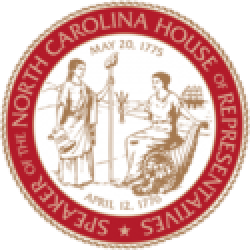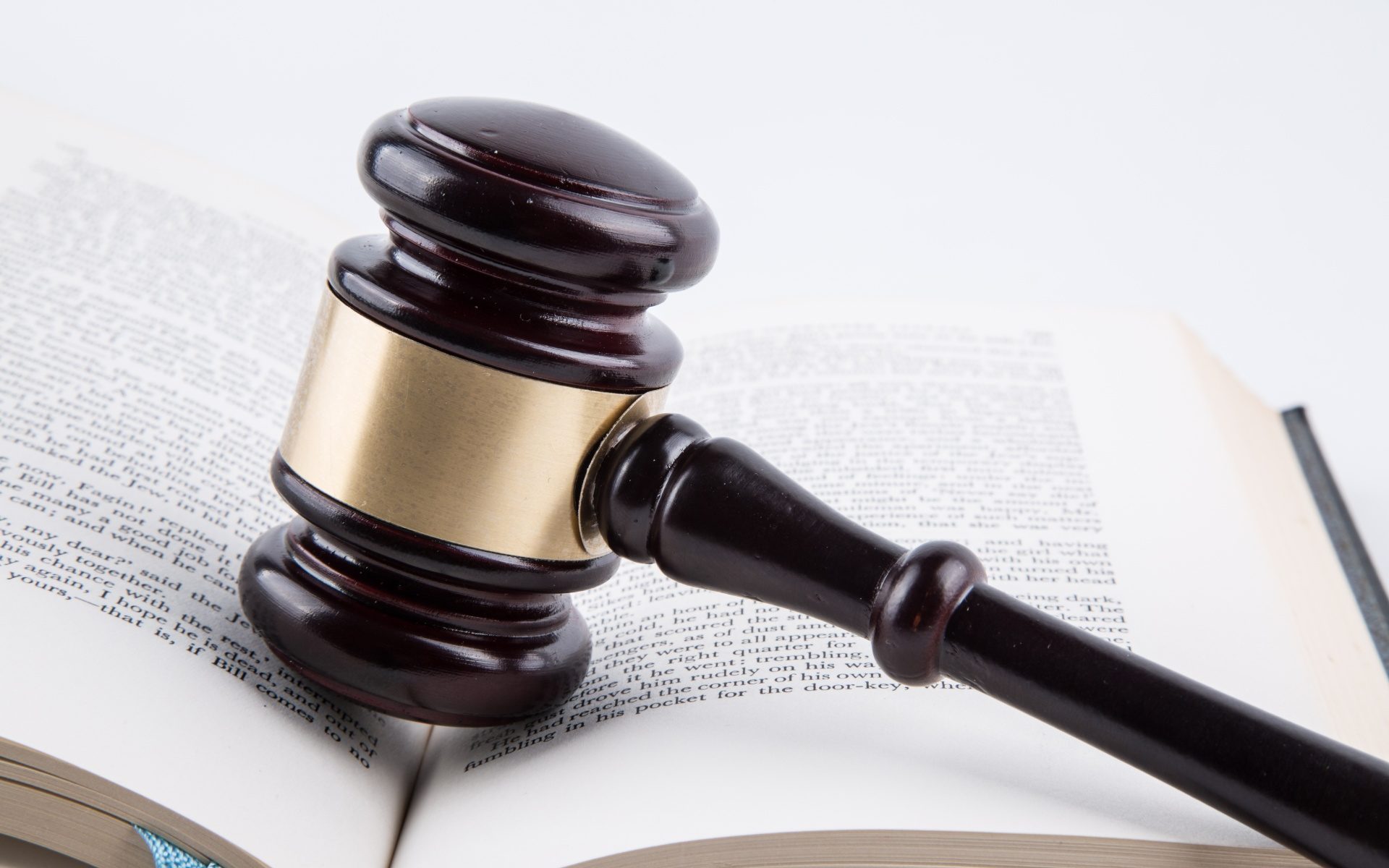Raleigh, N.C. – State House Speaker Tim Moore (R-Cleveland) quoted from court filings by Attorney General Josh Stein in a letter to Governor Roy Cooper and Chairman Damon Circosta of the State Board of Elections (SBOE) on Thursday urging immediate appeal of a federal judge’s preliminary injunction granted in NAACP v. Cooper that is blocking the state’s voter ID law from taking effect in 2020.
Speaker Moore noted the Department of Justice (DOJ), the SBOE, and the Governor’s office have directly denied the false accusations of discriminatory intent levied against the sponsors of the voter ID law, who included African American Senator Joel Ford (D-Mecklenburg).
“Whether the law likely denies or abridges the right to vote on the basis of race…the answer is no,” Attorney General Josh Stein wrote on behalf of the Governor and SBOE opposing the preliminary injunction against North Carolina’s voter ID law issued by Judge Loretta Biggs on New Year’s Eve.
“There is no evidence that the General Assembly requested and used racial data” to write the voter ID law, and the availability of free IDs from the DMV and county boards of elections “reduce any significant burdens that would result from disparate rates of ID possession.”
“The burden imposed by a photo identification requirement is minimized by the reasonable impediment provisions of SB824,” because “even if a voter fails to present ID at the polls, her vote counts if she merely attests to why she was unable to present ID” and “a reasonable impediment ballot is presumptively valid,” Stein said.
The DOJ’s brief opposing the preliminary injunction imposed on North Carolina’s voter ID law further notes the availability of free IDs under the law “even though the reasonable impediment exception accommodates nearly all conceivable voters who may lack a photo ID.”
The DOJ, SBOE, and Governor Cooper further asserted in legal briefs that “the Fourth Circuit has upheld an even more burdensome process of voting without a required ID” than North Carolina law requires and the judge’s reliance on analysis of a prior voter ID law is misplaced given “the current photo ID requirements are much less stringent than those in prior law.”
Speaker Moore urged Governor Cooper, the DOJ, and SBOE to “seek an immediate stay and appeal of the preliminary injunction blocking North Carolina’s commonsense and accommodative voter ID law,” writing that “we appreciate your agreement that North Carolina’s voter ID law is devoid of any discriminatory intent.”
The people of North Carolina approved a ballot referendum in 2018 to add a voter ID requirement to the state’s constitution. Thirty-four states already have some form of voter ID law and North Carolina’s is one of the most lenient in the nation because it does not strictly require voters to possess a qualifying ID to vote.
North Carolina’s voter ID law further accommodates religious objectors and victims of natural disasters, provides for free government-issued IDs and accepts drivers’ licenses, passports, military and veteran IDs, student IDs, voter ID cards, as well as state and local government IDs. Expired drivers’ licenses and licenses from other states even qualify in some circumstances.


